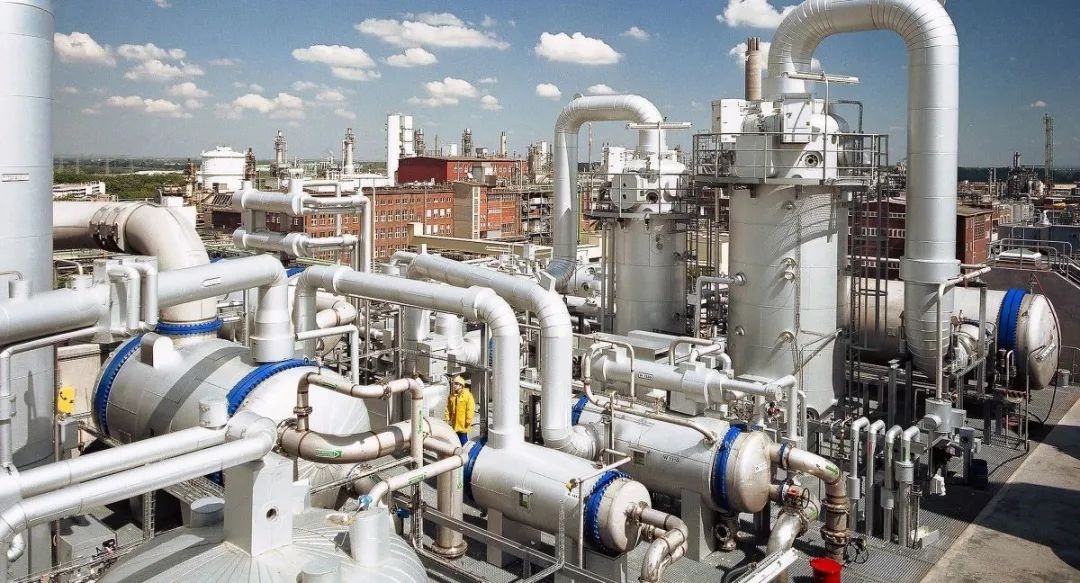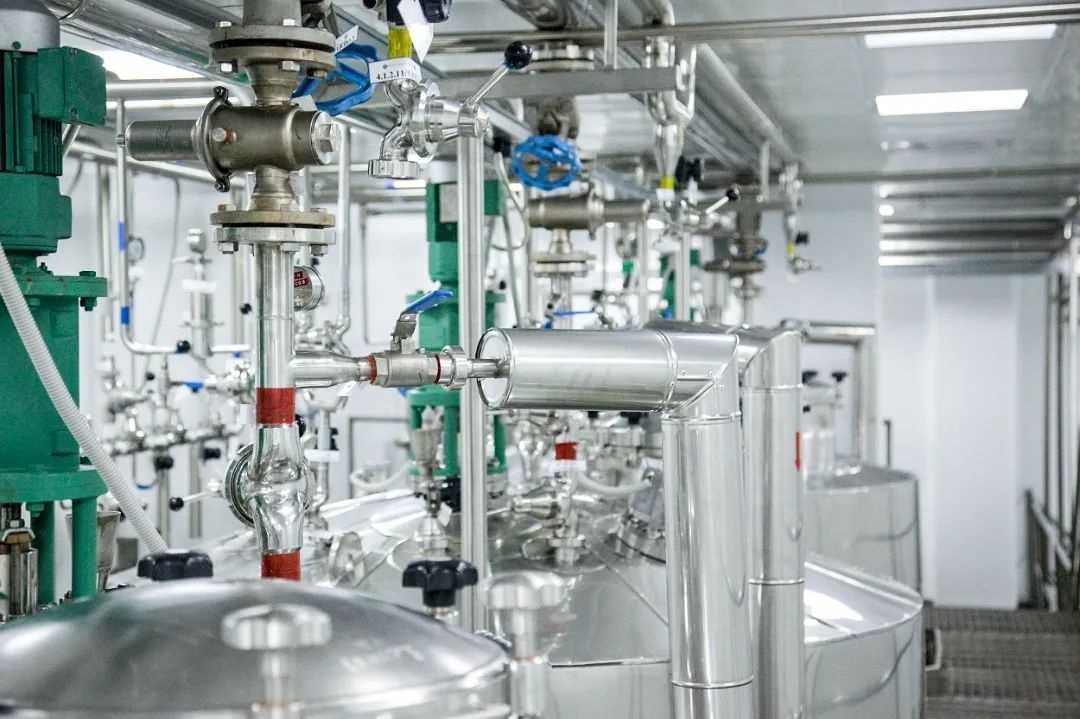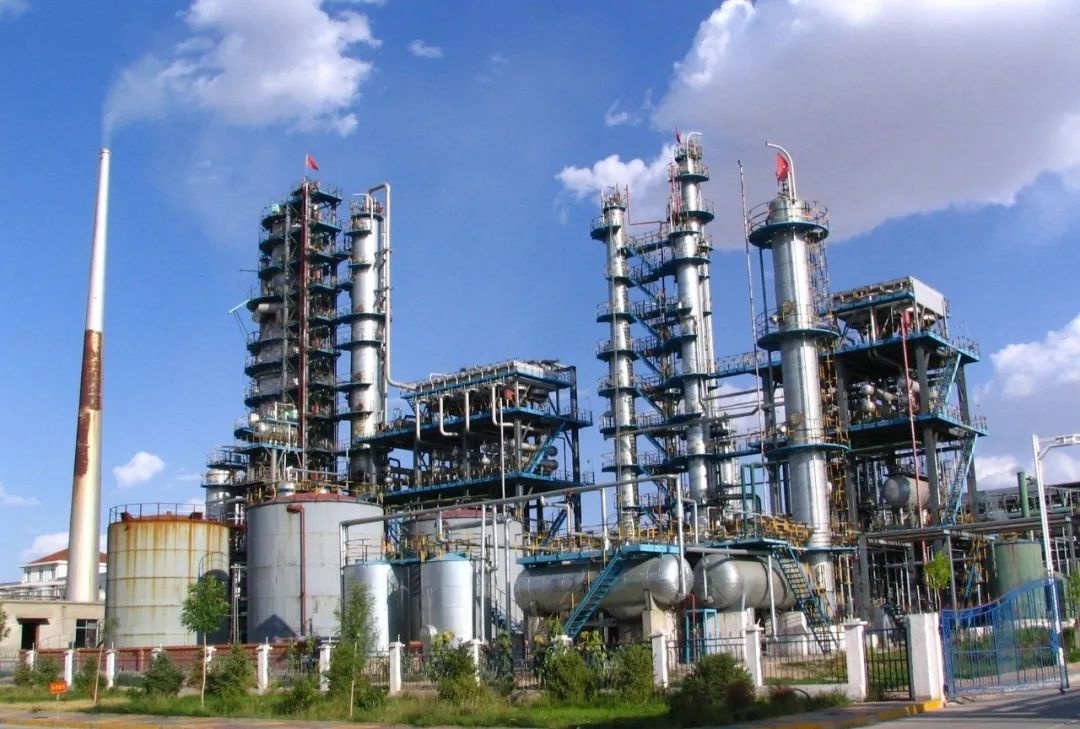Chemical, process and industrial
The key application scenarios of Dominic valve actuators in the chemical and processing industries can be classified into the following categories, covering process control, safety protection, and special environmental requirements:
I. Process Control
1. Reaction Process Management
Application scenarios: Temperature, pressure, and material ratio control in reactors, polymerization reactors, and catalytic cracking units.
Adjust the valve opening to control the flow of coolant, reactants, or catalysts to ensure stable reaction conditions. Provide electric actuators (high precision) or explosion-proof pneumatic actuators (for flammable environments).
2. Distillation and Separation System
In the fractionation and solvent recovery in distillation columns and extraction columns, the Dominic Hunter actuator functions to dynamically adjust the flow of steam or condensate, optimizing separation efficiency. For instance, in oil refineries, pneumatic actuators respond quickly to pressure changes within the column.
3. Fluid Transport and Mixing
In pipeline transportation and multi-component mixing devices (such as acid-base neutralization).
Dominic actuators precisely control the flow ratio (such as PID control) to ensure the uniformity of the mixture.
For example: Corrosion-resistant materials (such as fluorine-lined valves) paired with hydraulic actuators (for high-pressure scenarios).
II. Safety Protection
1. Emergency Shutdown (ESD System)
In case of pipeline leakage, overpressure or abnormal temperature, the emergency shut-off valve is activated.
Actuator function: Spring-return pneumatic actuator or fail-safe electric actuator, ensuring millisecond response.
2. Pressure Relief and Emission Control
Application Scenario: Interlocking control of safety valves and relief valves.
Actuator Function: Automatically opens when overpressure occurs, releasing pressure to the flare system or scrubber tower.
Examples: Hydraulic actuators (high force output) or intelligent electric actuators (integrated pressure sensors).
III. Special Environments and Industries
1. Handling Corrosive Media
When dealing with pipelines carrying strong acids, strong alkalis, or high-salt fluids (such as in chlor-alkali chemical industries).
Domestic Actuator Design: Utilize corrosion-resistant actuators (such as IP66 protection).
2. Food and Pharmaceutical Industry
When used in aseptic pipelines, CIP (Clean-In-Place) systems, hygienic design (with no dead corners), and FDA-certified materials (such as 304 stainless steel), Dominic electric actuators (supporting automated cleaning procedures) are employed.
The core application of valve actuators in the chemical and processing industries lies in precise control, ensuring the safety and reliability of the valve actuators, and their adaptability to extreme environments. When selecting types, it is necessary to comprehensively consider the characteristics of the medium, process conditions, and industry standards to achieve efficient and safe automated production.








